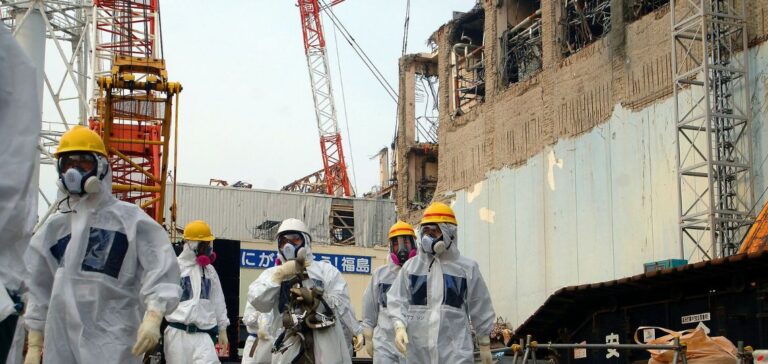Tepco, the operator of the Fukushima Daiichi nuclear power plant, has temporarily suspended the discharge of treated water into the sea following a magnitude 5.8 earthquake. This interruption, described as a precautionary measure, comes at a time when the plant is engaged in the delicate process of removing contaminated water. According to Tepco, post-earthquake checks revealed no anomalies, ensuring safe operations and the absence of radioactive leaks.
Context of treated water discharges
The spill process, which began on February 28, is designed to release into the Pacific Ocean water that has been stored and treated to remove the majority of radioactive substances, with the exception of tritium. Tepco stresses that tritium, although radioactive, is only dangerous in concentrated doses. This operation marks the fourth tranche of rejections since last summer, a practice that has drawn international criticism, notably from China and Russia.
International Reactions and Security Issues
The release of treated water from Fukushima has led to diplomatic tensions, with Beijing suspending imports of Japanese seafood products. This decision, followed by Russia, reflects global concerns about food and environmental safety. Nevertheless, the release process has been validated by the IAEA, ensuring compliance with international safety standards.
Dismantling Fukushima: A Long-Term Challenge
The Fukushima Daiichi power plant, devastated by a tsunami in 2011, is currently being dismantled, a complex process that will take several decades. The project underlines the technical and environmental challenges posed by the consequences of a nuclear disaster, while highlighting Japan’s efforts to secure and decontaminate the site.
The temporary suspension of post-earthquake discharges into the sea at Fukushima highlights the continuing challenges of managing the consequences of the 2011 disaster. It is also a reminder of the importance of nuclear safety in a tense geopolitical context, where technical decisions have considerable diplomatic and environmental implications.





















